Popular Diets Explained

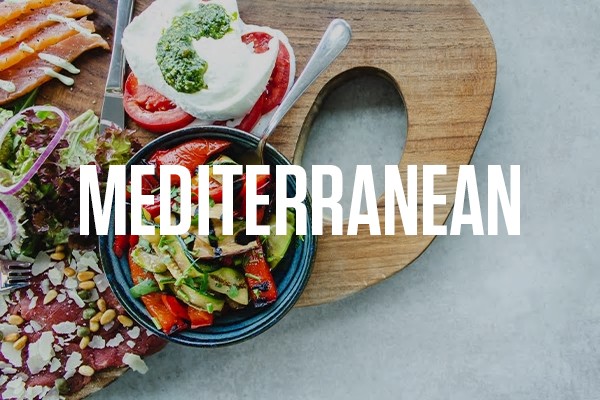
The Mediterranean Diet
The Mediterranean diet is considered one of the more flexible ways of eating thanks to the range of foods available.
Many will find this diet takes on more of a lifestyle approach, promoting regular physical activity, sharing your meals with good company and most of all, enjoying life.
When following this lifestyle, you should base your diet on unprocessed Mediterranean foods such as seafood, poultry, vegetables, fresh fruits, nuts and seeds, whole grains and healthy fats including olives, avocados and olive oil.
With a spread like that, no wonder it’s followed by many!
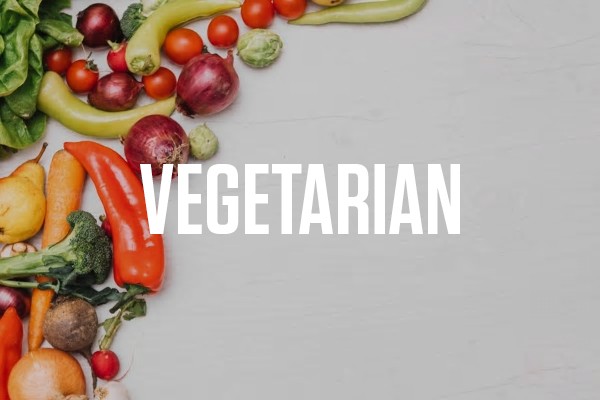
The Vegetarian Diet
Not necessarily a diet for weight loss, the vegetarian diet is normally adopted for ethical reasons or as a personal preference. Generally, vegetarians refrain from consuming meat products.
The vegetarian diet can range from eating only white meat like fish (commonly known as pescatarian) to no meats at all and in some cases eggs and dairy too.
Those on a vegetarian diet will need to ensure they meet their protein needs by getting nutrients from other sources such as protein powders, tofu, legumes, beans, fibrous green vegetables and other meat substitutes.
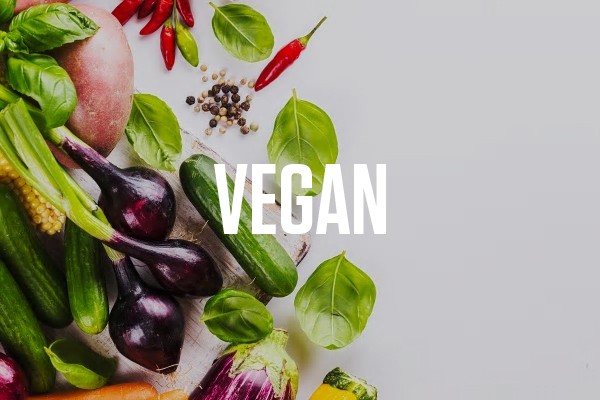
The Vegan Diet
The much stricter version of vegetarianism is veganism, which today is more popular and easier to manage than it once was.
The vegan diet refers to being fully vegetarian and not consuming meat, but also not consuming animal by-products. Animal by-products refer to any products that come from an animal, even if that doesn’t mean the animal is harmed when producing it for us.
Such products include dairy, yoghurt, butter, honey, leather and wool.
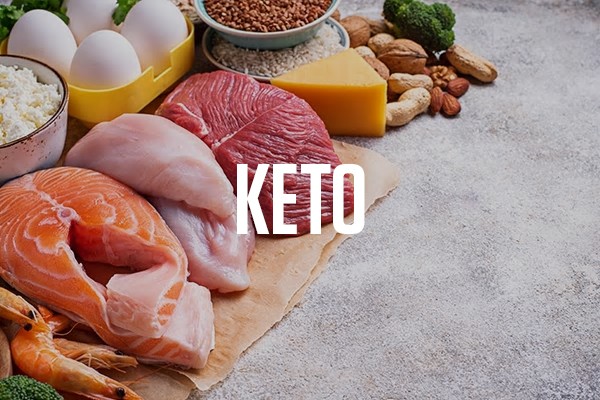
The Keto Diet
Keto dieters rely on fats as a primary energy source and are limited to just 50-70g of carbohydrates per day.
This is easier said than done, as even choosing vegetables such as cauliflower and carrots could put keto dieters over their carbohydrate limit. The result of eating too many carbs on this diet? Removal from ketosis.
Being in ketosis refers to the use of fat cells as the bodies primary energy source instead of glucose, which is generally the preferred fuel source. As fat cells are harder to break down and you are not consuming enough carbs to store as fat, generally some fat is lost on this diet.
Those on a full keto diet claim to have better focus, better sporting endurance and generally weight loss. However, it is quite tough to adhere to.
People following the Keto diet can experience the ‘keto flu’ when they first start their transition into ketosis, often describing the process as exhausting.
For all the info on keto, take a look at this blog.
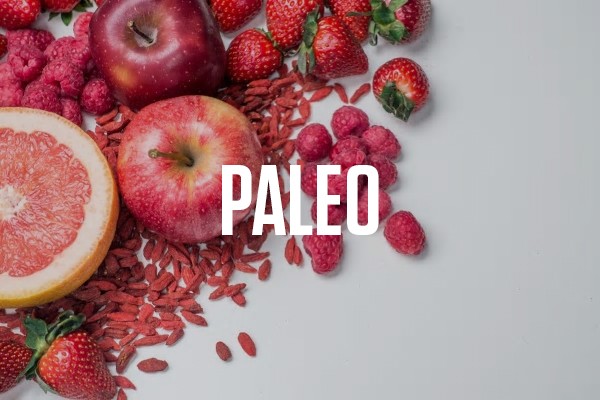
The Paleo Diet
The Paleo diet was at the height of popularity several years ago and is still around today with celebrities such as chef Pete Evans endorsing this way of eating.
Also known as the caveman diet, the Paleo diet refers to consuming foods as our great ancestors did from the paleolithic times. This means eating fresh fruits, vegetables, nuts, seeds, meats and fish and staying away from anything processed such as refined grains and legumes as well as dairy and cereals.
Due to what this diet cuts out, Paleo dieters will often find themselves consuming lower carbs and higher fats.
Interested in finding out more? Check out this blog on the Paleo diet.
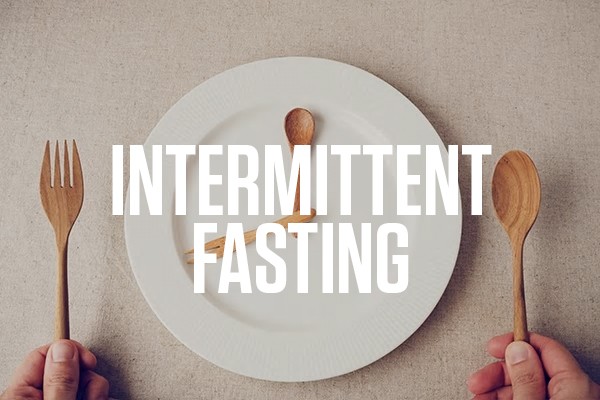
Intermittent fasting
Intermittent fasting involves a scheduled period of eating after a prolonged period of not eating (fasting). It's become very popular due to its perceived health benefits.
The timeframe for fasting will vary from person to person and their current goals set. A regular ’fast’ involves one refraining from eating for a period of 14-16 hours twice a week.
During the eating phase, it's considered more beneficial to make smart, healthy food choices to fuel your lifestyle rather than digging into a takeaway after your fast!
If this way of dieting sounds good to you, we're got more information here.
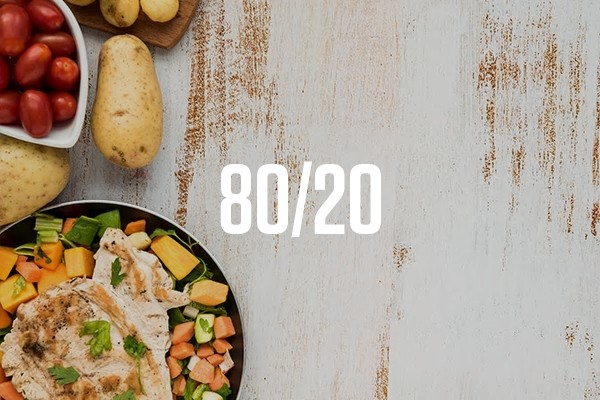
The 80/20 Diet
This is more of an approach to healthy eating, rather than a diet.
To follow the 80/20 approach you consume healthy, wholesome foods 80% of the time and allow more ‘treat’ style foods into the diet 20% of the time.
The concept is said to be easy to stick to as a ‘non-diet' diet and helps you to make more considerate food choices, while still consuming the foods you love.
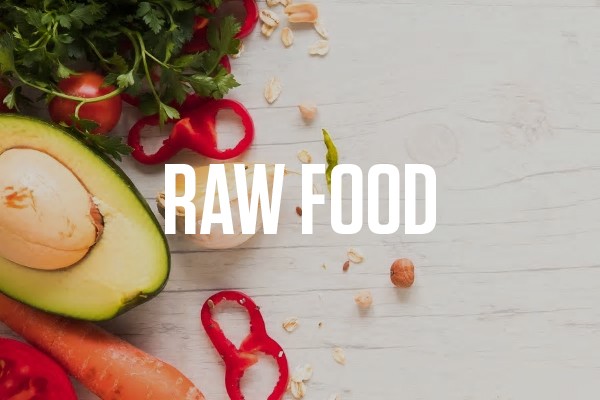
The Raw Food Diet
As the name suggests, this diet is centred around the consumption of raw foods!
Many experts suggest a large portion of our foods should be consumed raw, as this helps to preserve their nutrients.
Generally, people will make alterations to this diet and follow the ‘raw ‘till 4’ approach. This means eating raw foods throughout the day followed by a cooked dinner, this allows people to balance their lifestyle and diet much easier.
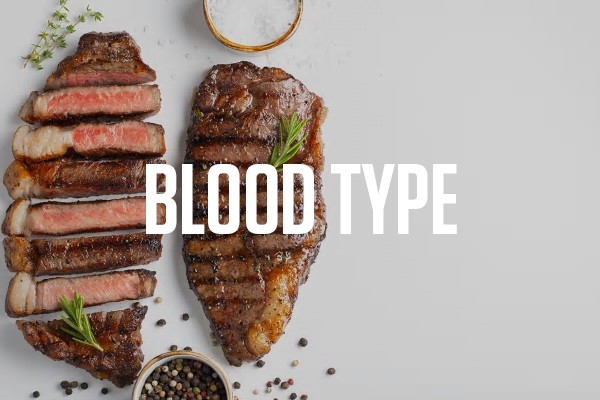
The Blood Type Diet
This has been researched by numerous doctors, looking into which foods best suit your blood type.
This is more suitable for people who experience inflammation and discomfort after eating certain foods.
For example, if you have blood Type A you may be recommended to avoid red meats and eat turkey or tofu instead, while those with Blood Type O are encouraged to eat foods higher in protein and to avoid dairy.
Did we miss any? Let us know.
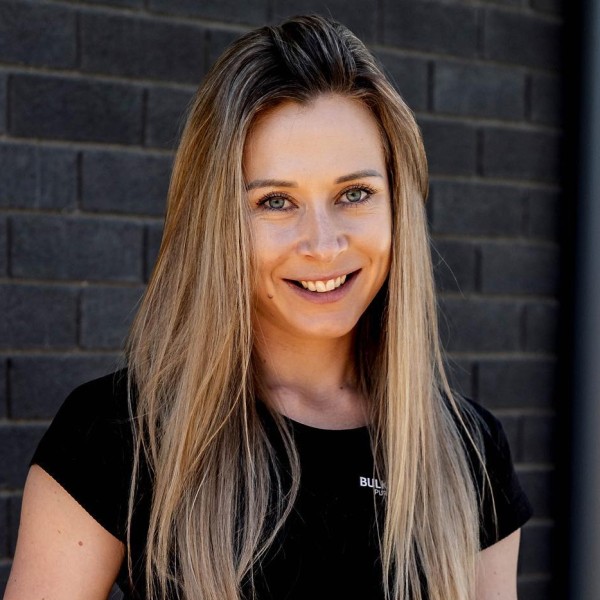
Nicole Frain is a food scientist, personal trainer and a professional international cyclist.
She's applied her learnings at the national stage for bodybuilding, and has several qualifications in Food Science, Nutrition and Business!
More about Nicole FrainRelated Blogs
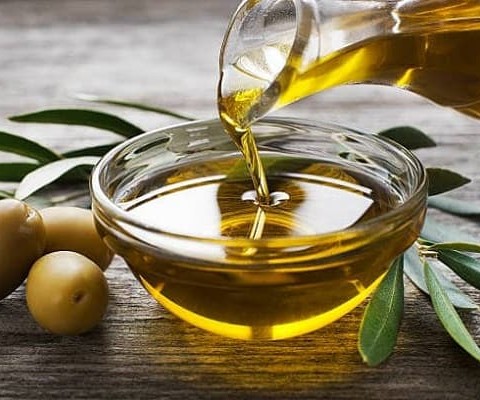
Olive Oil Might Help Us Live Longer
Posted by Bulk Nutrients
Estimated reading time: 5 minutes
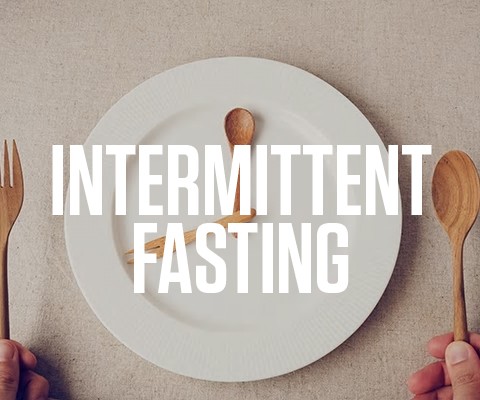
Intermittent fasting: What's it all about?
Posted by Ellie Hearn
Estimated reading time: 5 minutes
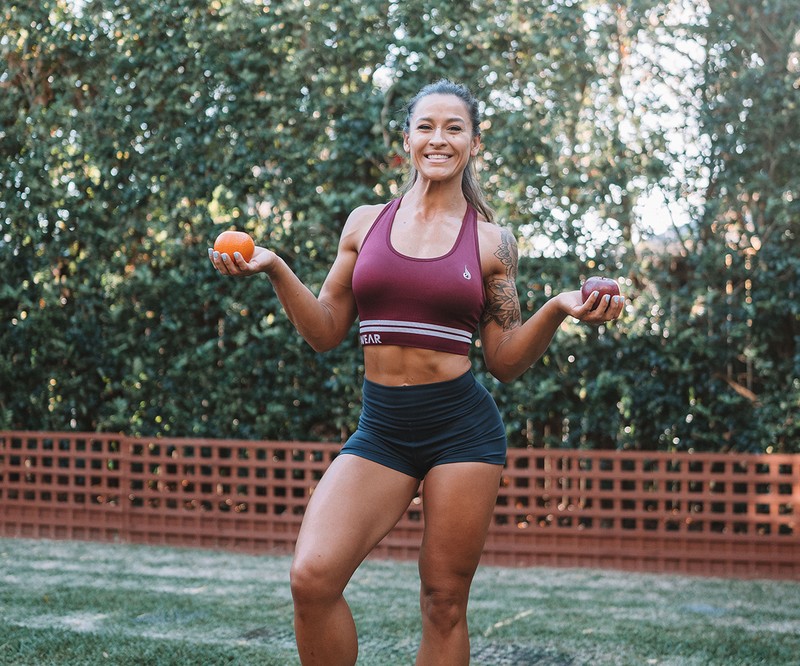
Does Apple Cider Vinegar Help Me Lose Fat?
Posted by Bulk Nutrients
Estimated reading time: 5 minutes














































